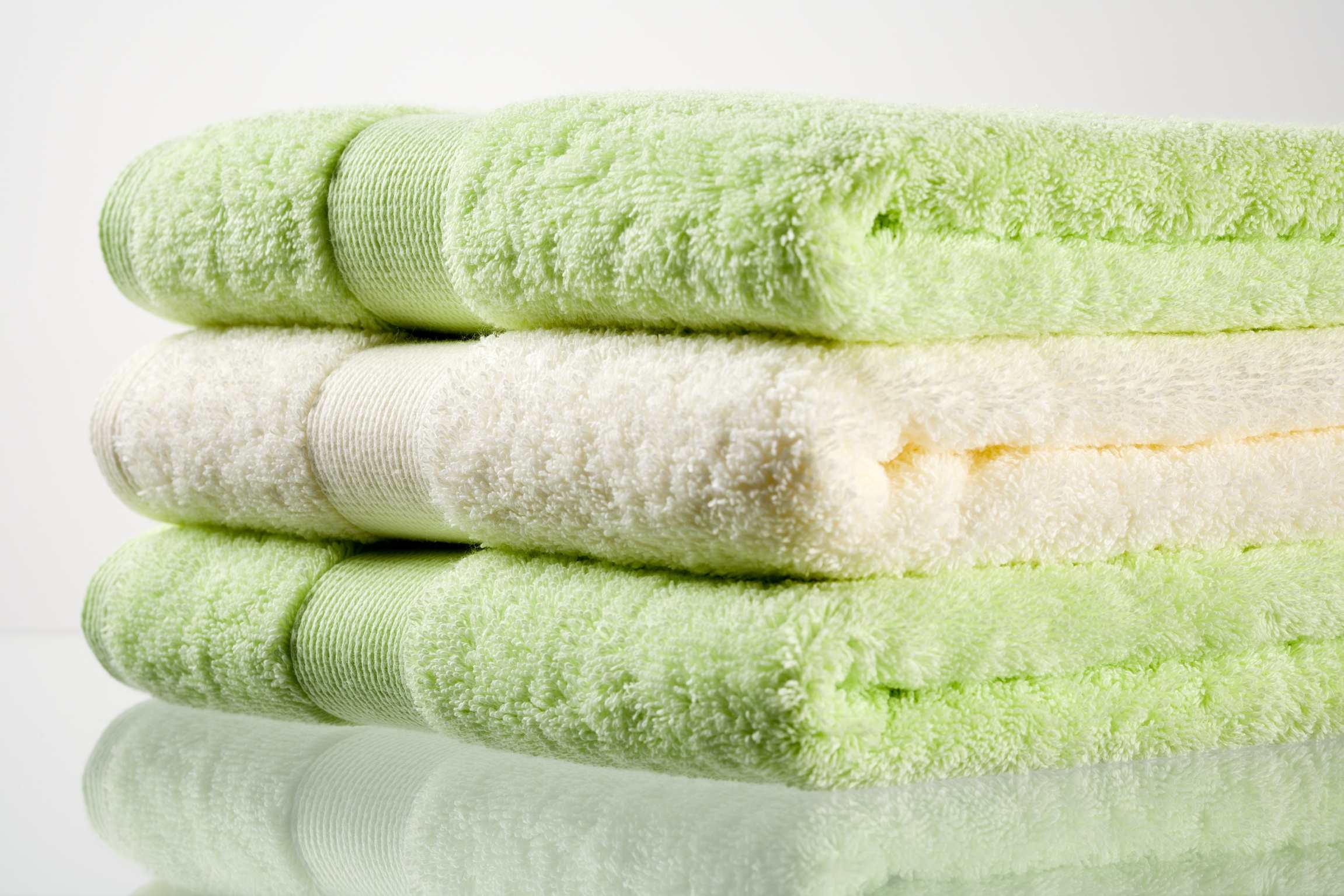
Wacker introduces silicone-based textile softeners using biomethanol
YarnsandFibers News Bureau 2022-02-10 07:53:50 – GermanyMunich-based chemical Group, WACKER, is now extending its resource-efficient silicones production approach to the production of textile softeners. Three functioning silicone fluids are now available as "green" products, with immediate effect: WETSOFT eco LV 810, WACKER FINISH eco WR 1100 LV, and WACKER FINISH eco WR 1300 LV. WACKER manufactures these items with plant-based methanol rather than fossil methanol. T V Nord has now validated the process, which is based on the biomass balancing approach used in manufacturing, according to the REDcert standard.
Functional silicone fluids have a long history of effectiveness as softeners in the treatment of fibers, yarns, and textile textiles. They adhere to the surface of the fiber, generating silicone segment loops that reduce friction between the fibers, making fabrics feel smooth and fluffy. This increases their care, wear, and processing qualities as well.
Silicon and methanol are the most significant starting ingredients for silicone production, and thus for the production of textile softeners. Methanol is first transformed to methyl chloride, which is then combined with elemental silicon in the Müller-Rochow process to produce a variety of various methylchlorosilanes, which are significant starting materials for silicone manufacture. WACKER uses both petrochemical and plant-based methanol in this process. The methanol mix ratio can be precisely calculated for each product by means of the biomass balance.
WACKER now also uses this method for its silicone textile softeners WETSOFT eco 810 LV, WACKER FINISH eco WR 1100 LV, and WACKER FINISH eco WR 1300 LV. A biomass balancing method is used to determine the amount of methanol required for manufacturing Of only certified biomethanol derived from straw, grass cuttings, or other plant leftovers. The organic raw chemicals used to functionalize the silicone polymers, such as polyether, are also offset in accordance with the REDcert standard. This ensures that all silicone fluids in the eco portfolio are exclusively generated from renewable plant sources. Each year, the process and raw materials used are audited as part of external recertification.
The main difference between eco and fossil-based products is how the methanol component is produced. Other than that, the structure and product qualities are the same. Eco goods, like regular grades, are emulsified in water and blended with additional active chemicals to create ready-to-use textile auxiliaries. They can be used as usual with the padder or exhaust process.
WETSOFT eco 810 LV is a low-volatile, self-dispersing polyether-aminofunctional silicone fluid. The fluid gives fabrics a velvety hand that is characteristic of silicones without altering their absorbency. WETSOFT eco 810 LV is well suited for treating towels, undergarments, and T-shirts.
The polydimethylsiloxanes used in WACKER FINISH eco WR 1100 LV and WACKER FINISH eco WR 1300 LV have amino side groups and reactive chain endings. In addition to their excellent softening properties, they also provide some resistance to moisture and stains – a significant benefit for jeans, shirts, and table linen. WACKER FINISH eco WR 1100 LV is ideal for the treatment of synthetic or mixed materials. WACKER FINISH eco WR 1300 LV is suitable for viscose as well as for natural fibers such as cotton or wool.
Market Intelligence
Ask for free sample Report

experience
Customer Base
dedicated team
Countries Served Worldwide









